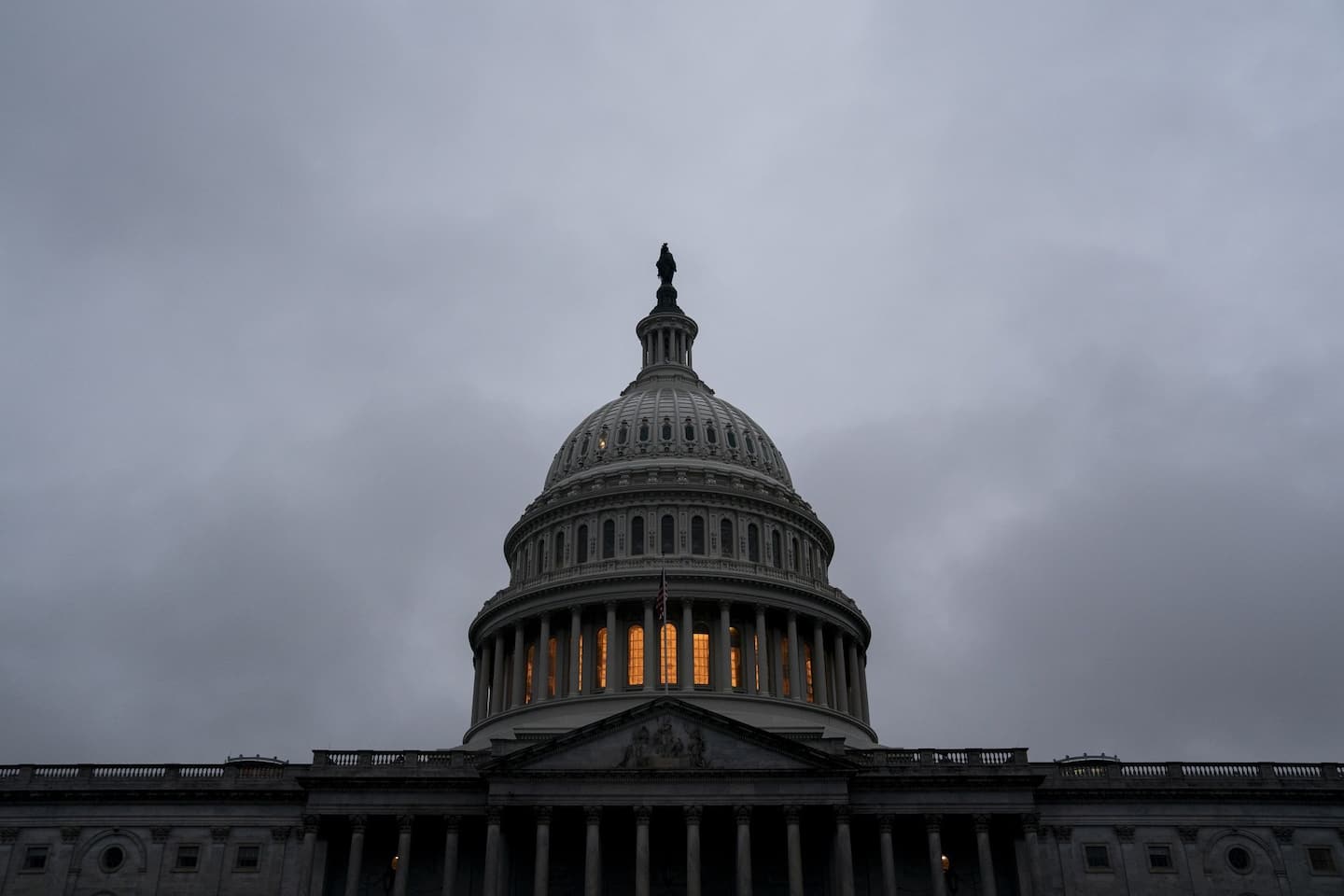Democrats’ ambitious agenda for 2021 runs into unexpected obstacle — McConnell’s resilience

House Speaker Nancy Pelosi (D-Calif.) was so confident that Democrats would get unified control of Washington that she began publicly discussing how the party would move forward to implement an ambitious agenda on multiple fronts, from health care to economic relief to infrastructure. She was eyeing a legislative maneuver called “budget reconciliation” to push extensive legislation through the Senate without GOP votes — the same mechanism that Republicans used to pass their partisan tax bill in the first year of Trump’s term, and that Democrats used to pass the Affordable Care Act under President Barack Obama.
Democrats could only use budget reconciliation if they controlled the Senate next year, which appears very unlikely at this point.
“We most certainly will be passing a reconciliation bill, not only for the Affordable Care Act, but for what we may want to do further on the pandemic and some other issues that relate to the well-being of the American people,” Pelosi said Monday. “Our agenda in ’18 and now still … we’re going to lower the cost of health care by lowering the cost of prescription drugs, preserving the preexisting conditions, et cetera.”
The potential for such far-reaching legislation all but vanished barely 24 hours later as Democrats saw their chances to reclaim the Senate slip away — and with it the ability to pass legislation on a party-line vote. Instead, House Democrats will be forced to make deals with a Senate that is still led by Majority Leader Mitch McConnell (R-Ky.), who is likely to have little interest in legislation of the scope the Democrats were envisioning. Pelosi will be presiding over a shrunken majority, giving her less room to maneuver.
If Biden ultimately wins the presidency and Republicans retain the Senate, Biden would become the first president since George H.W. Bush to start his first term without a Congress fully controlled by his party. That means that a major, signature legislative achievement early in his administration could be out of reach unless there is significant compromise.
“We all felt that we had the possibility of being able to really change the direction of the country, and that’s not looking like a realistic possibility right now,” said House Budget Committee Chairman John Yarmuth (D-Ky.). “We had prepared a lot of memos on things like reconciliation that now we’re going to have to file away unless something crazy happens in the Senate.”
Not all Democrats, though, have conceded they will scale back their plans.
In a letter to her Democratic colleagues, Pelosi on Wednesday wrote: “Our Democratic House Majority, working in partnership with the Democratic White House, will now have the opportunity to deliver extraordinary progress. Together, we will continue to deliver on our successful For The People agenda: lower health care costs, bigger paychecks by building green infrastructure and cleaner government.”
Still, some dearly held liberal goals that were already dividing Democrats could have a hard time gaining traction — policy proposals such as Medicare-for-all, a Green New Deal and an increased federal minimum wage. They will also run into fierce Senate GOP resistance to any effort to structurally change the Supreme Court or eliminate the legislative filibuster. Senate Minority Leader Charles E. Schumer (D-N.Y.) had openly toyed with the idea of getting rid of the filibuster should he control the Senate, with party leaders including Obama encouraging the move — a notion that infuriated Republicans.
“Clearly, nothing’s going to become law without the Senate Republicans,” said Sen. John Barrasso (R-Wyo.), a member of the Senate Republican leadership. “The arrogance of Senator Schumer and the Democrats to put forth an agenda of a Democrat-run government that was so radical, extreme and dangerous, they should right now realize it is far too radical for America.”
It doesn’t mean nothing will happen. Budget deals will need to be made to keep the government running, a debt-ceiling deadline will loom in the summer and many members in both parties — including McConnell — see the need for additional economic and health-care spending to address the pandemic. McConnell said this week that he would like to see new stimulus legislation pass before the end of the year, in Congress’s post-election lame-duck session.
“If Republicans keep the Senate, you can forget the Biden agenda, but divided government doesn’t mean there won’t be action. We’ll just be back to governing by conflict,” said Brendan Buck, a GOP consultant who was a top aide to former House speaker Paul D. Ryan (R-Wis.). “There will always be pressure points and funding deadlines that force action and force compromise.”
But Democrats’ grand hopes for next year are running aground amid the realization that anything they can pass would probably have to be modest and compromised, not bold and groundbreaking.
“Finding common ground after this election is going to be even more difficult, not less,” said Rep. Gerald E. Connolly (D-Va.). “We’ve got our work cut out for us, no question.”
The Democrats’ lack of unified control of Washington calls into question Pelosi’s strategy in the economic stimulus negotiations she held for months with Treasury Secretary Steven Mnuchin. After a $3 trillion burst of spending in the spring, the two parties did not succeed in striking another deal. Pelosi held out for more, broadcasting Democrats’ message that “Help Is on the Way. It Will Be Safer, Bigger, Better and Retroactive.”
That seemed to promise a large new coronavirus relief bill early next year, along the lines of the $3.4 trillion Heroes Act the House passed in May, which Biden endorsed. But McConnell ruled out spending anywhere near that sum, and now there is no likelihood for anything so dramatic.
Seung Min Kim and Rachael Bade contributed to this report.






